Patti Callahan Henry is an author beloved by countless fans of Historical and Southern Contemporary fiction. She is a New York Times Best Selling author, Christie Award winner for Best Book of the Year, Podcast Host, Co-Creator of Friends & Fiction, and all round presence of good cheer, courage, and kindness. Out of her deep interest in C.S. Lewis and his life, Patti has given us two remarkable stories exploring pivotal experiences in the making of Lewis as he came to be known – Becoming Mrs. Lewis and Once Upon a Wardrobe. Patti is pure joy to spend time with and it is our delight to introduce you to her. Enjoy!
![]()
LES: As an author, Patti, you have a well-established foothold in the genres of Southern Contemporary Fiction and Historical Fiction. Two of your works in the past few years have centered on an overlapping field of interest – C.S. Lewis. Becoming Mrs. Lewis released in 2019 and gave readers a new account of Lewis’s marriage to Joy Davidman. And your newest release, Once Upon A Wardrobe, gives your readers a beautiful telling of what might have lain behind Lewis’s creation of Narnia. As a writer who has such a strong sense of ‘place and person’ what has drawn you so deeply to Lewis and his life?
PCH: When I first started researching the life of C. S. Lewis, it was because I had become fascinated with his wife, the brilliant (and complicated) award winning poet, Joy Davidman. I was curious how this American atheist and once-Communist married woman with two children became Lewis’ wife. I thought I was writing a simple love story but instead found the incredible transformational journey of a genius woman who first read and then wrote to C. S. Lewis. In the course of writing about Joy, I took a deep dive into Lewis’ life and works. I had read him for all of my life: from fiction to non-fiction but had never studied his “life” until I wrote Mrs. Lewis.
LES: I am enchanted with the title of this book: Once Upon a Wardrobe. How did you land on that? It is magic from the beginning!
PCH: Oh thank you so much! It wasn’t the original title. When I first was inspired to write about the origins of Narnia, before I started my deeper research, I titled it Into the Wardrobe. Then I found the astounding book by David C. Downing with the same title, so I knew I had to change my title. For months it was titled The Wardrobe Book. But then one afternoon while I was on a long drive, I turned off the radio and told myself I would not listen to an audiobook, podcast or music until I had a title. The book is about storytelling, and it is about the power of story, so I decided to start with “Once Upon a Time” and then the word ‘wardrobe’ bubbled up. At first I thought – it was silly, but then it hit me: it is exactly what the book is about.
LES: Following Becoming Mrs. Lewis, you wrote an extraordinary novel, Surviving Savanah, about the 1838 sinking of the luxury steamship Pulaski and the lives of a family who were aboard the ship the night it sank. This book had to have been difficult to write given the depth of tragedy inherent in the event. How did writing Once Upon A Wardrobe serve you as a writer, after spending such focus and effort writing Surviving Savanah? Did writing Surviving Savanah shape the way you addressed the issues of loss, dying, and finding hope that are so elemental in Once Upon a Wardrobe?
PCH: One of the main themes that arose while I was writing Surviving Savannah was “How do we survive the surviving?” And I thought much of this question as I wrote Once Upon a Wardrobe in the middle of the pandemic. How do we make meaning out of something that seems meaningless? How to we make sense out of the senseless? And more specifically, how did Lewis make meaning out of the trauma in his life? The answer: he knew how to take something ordinary and through the alchemy of story turn it into something extraordinary.
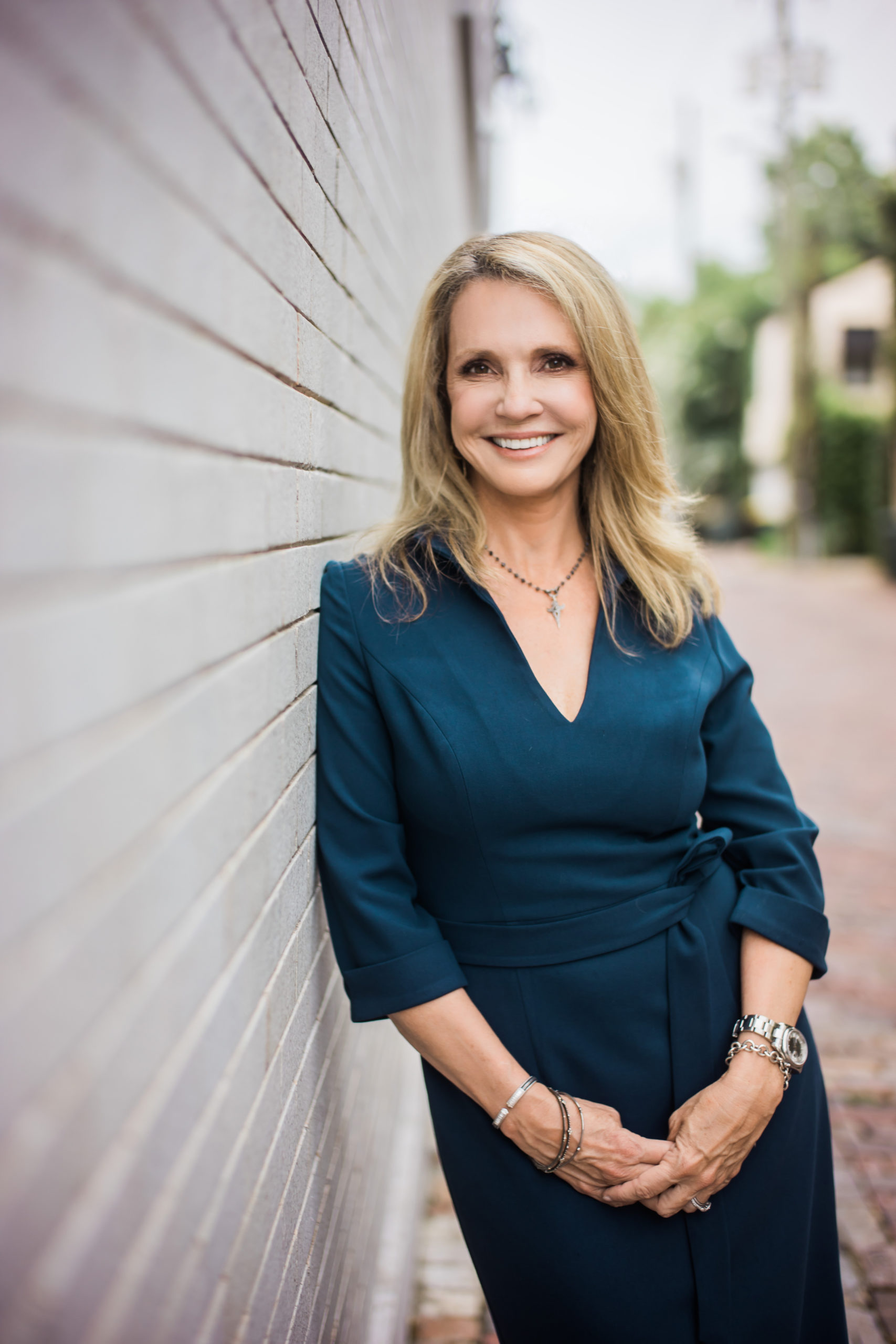
LES: You are a storyteller by trade. In a recent interview you said, “I got fascinated about this idea of where do books come from,” she says. “I make up stories, but to make up a whole other land, like Middle Earth or Narnia, how does that happen? What are the things that happened in his life that led to this?” Was there a specific spark of wondering for you about where the Narnia stories come from or was that something that just kept bubbling in you perhaps as a carryover from the work you did on Becoming Mrs. Lewis?
PCH: When I was writing Becoming Mrs. Lewis, I noticed all of these moments in Lewis’ life that I could see in The Lion, the Witch and the Wardrobe. Because fiction is my wheelhouse, I wondered why there hadn’t been a story written about the tie between Lewis’ life events and this particular (and famous) work. I have long been fascinated by “origin stories” – from mythology to family traditions to novels.
I wanted to tell a story about how we can see small pieces of an author’s life in their work and yet there are also large swaths of story source that are completely ineffable, mysterious and transcendent. In other words, stories are holy even when we can identify the author’s fingerprints.
LES: How did your conversations with Douglas Gresham (C.S. Lewis’s step-son) influence your work on Becoming Mrs. Lewis and Once Upon A Wardrobe?
PCH: Speaking with Douglas Gresham was insightful and informative! Any story he tells of his time and life with Joy and Jack is well received. I had finished Becoming Mrs. Lewis before I met Douglas so only a few lines were added after I met him. But his book, Lenten Lands, was very helpful when I was doing my research. His newer narrative of their childhood, and later admission that he believes his brother Davy had paranoid schizophrenia and was violent, informed a scene or two in the last edits of Becoming Mrs. Lewis. For Once Upon a Wardrobe, he told me much of how Narnia impacted his childhood, and I gave some of that impact to my character George. Douglas told me that Narnia helped him when he was a child while his parents were divorcing and life was hard; I passed that along to my own character. As Douglas once said, if you look, you can find Narnia anywhere.
![]()
LES: Every time I write, something emerges for me with clarity that becomes a kind of revelation or affirmation. A phrasing of words that clarifies something I could feel before but perhaps could not easily verbalize. I think this is true for most writers, but it seems to be especially true for fiction writers. Every telling of a story becomes as an act of incarnation. As you worked on the story of Megs and George, did you find something illuminated and answered for you, too?
PCH: Oh there were so many revelations in writing this book, but I will focus on one here: the idea that we have to be either logical or imaginative. The idea that we can’t combine the two into something holier and more sacred that just one way of being in the world. It is Lewis who says, “Imagination is the organ of meaning.” And yet, is there a more logical man? Myth and story are how we understand the world. Myth and story are how we make meaning of our life, of events and of mystery. There is no either/or between myth and logic, there can be an and/both.
![]()
“Each and every one of us is born with our own
stories and we must decide how to tell them.”
—Patti Callahan, Once Upon a Wardrobe.
![]()
LES: If someone is not a writer, how do we go about telling our stories? And how do we best determine the framing those narratives in ways that are true and life-giving, and not distorted by broken ways of remembering our pasts?
PCH: Oh that is the ultimate question of our lives, is it not? How do we make sense of our lives through narrative? How do we tell others who we are and what matters to us? I believe we tell our stories every day even if we aren’t writers. We offer narratives in conversation, in relationship, in what matters and in what we spend our time and energy doing and saying. In simple terms, we tell our stories by how we live our lives. And we must all struggle with who gets to tell our stories; we must be careful that we don’t allow someone else’s definitions and limitations define us. And as for how we tell our stories without the broken ways of remembering our past? This is where I truly believe in the value and integrity of therapy.
In my experience, our decision about how to tell our stories boils down to telling the truth and being completely open to transformation. If we want to avoid pain, or to look away from what hurts, our stories are only half-lived and half-told.
LES: Some years ago, Patti, you made a significant career change and made the jump from being a pediatric nurse to becoming a novelist. That step of faith seems enormous. Would you share with us about what prompted you to leave nursing to pursue writing as a career and what made it possible for you to do so?
PCH: I was always an avid reader, a devotee of story if you will. But when I was young, I didn’t believe that I could be an author. Saying “I want to be an author” felt like saying “I want to be an astronaut.” Authors created worlds. Authors helped us survived our lives. I wasn’t one of those people. When I was in high school I chose to take Latin and it was then that I found my love of language and of mythology. But it was later in life, after working as a pediatric nurse for years, married with three young children, that the desire to write “just one book” came over me. I signed up for evening writing classes at Emory University in Atlanta, and started my first novel (which became my fourth published book). I do believe that if you are wondering what to do next, if you are curious what your hidden passions might be, you can look at the hints offered by your childhood.
![]()
LES: Once Upon a Wardrobe is a very layered and interwoven telling of pivotal events in Lewis’s life that came to influence the creation of Narnia. As a matter of writer’s technique, Patti, do you have a tried-and-true working method for taking so many elements of fact and seaming them into a fictional storyline? Has that method changed for you over the years?
PCH: One of my favorite quotes is by Somerset Maugham who says that “There are three rules for the writing of novels, unfortunately, nobody has the slightest idea what they are.” In my words, the secret is this: there is no secret. Every book I write brings with it both new challenges and new methods. I wish I had a “tried and true” technique, but I don’t. Each novel comes with its own structure and designing principle, and it is my job to find that principle and not impose a pre-constructed idea upon the story. If I applied the techniques I used in Surviving Savannah to Once Upon a Wardrobe, it would be a different kind of book. And yet, to be honest, there are methods of craft I return to again and again. Primarily my concern is to make sure I understand what my characters want and why – I play psychoanalyst with all of them. I need to understand what the transformational journey (the internal journey of the character) is as well as the external plot.
As for the elements of fact weaving into a storyline – I read and research and interview, and I have little sticky notes everywhere. I put in the whole kit and caboodle and then I edit like mad because I usually put in too many facts on the first draft. I clip and snip and try to take out anything that does not serve the story. This hurts: I loathe taking out beloved research, but if it drags the story or takes us out of the narrative it doesn’t belong.
![]()
LES: For established authors, writing books involves book tours and speaking engagements. In 2020 – the year Covid brought our very hectic world to a grinding stop for a season, your book tours and speaking events were hit hard. How did you rally through those setbacks? Did what happened then shape the way you write now?
PCH: One of the bright spots of the pandemic was an initiative I started with four other authors called Friends and Fiction. When we all realized that our book tours were cancelled in March of 2020, we took to the internet. We started a Facebook and You Tube LIVE show that airs every Wednesday night (our hundredth episode just happened on Thanksgiving week). We wanted to interview other authors and support Independent Bookstores. We believed we might air for a month or two at the most. But we are now 19 months into this endeavor and a vibrant reading community has risen up. We have fifty-five thousand members on Facebook (and counting), a book club, podcast, merchandise, and now live events.
As for how the pandemic shaped my writing – it saved me.
Honestly, it did. Once Upon a Wardrobe was my still point in a madly burning world. Being able to focus on both Friends and Fiction’s growth and writing a novel kept me centered on two of the things that matter most: community and story.
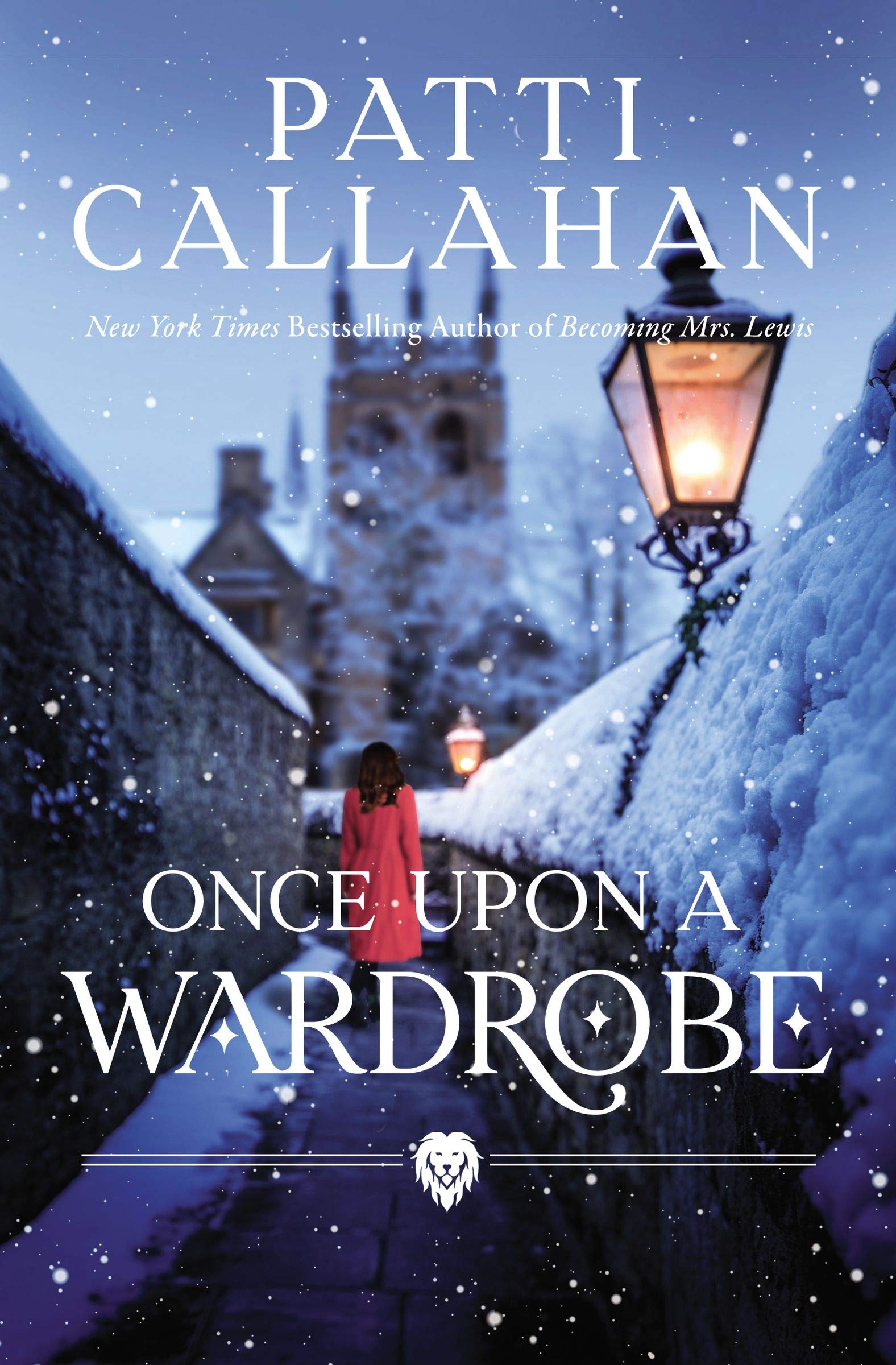
LES: You are one of the featured speakers for the extraordinary Summer 2022 C.S. Lewis Institute hosted by the C.S. Lewis Foundation. This glorious, nine-day event is being held in Oxford, England. It will afford our attendees and speakers the opportunity to spend time in the same places that C.S. Lewis, J.R.R. Tolkien, and their friends frequented, including Lewis’s home, The Kilns. Is there something you are especially looking forward to about this gathering and time in Oxford? We are surely excited about having you join us!
PCH: When I was inspired to write about Joy Davidman, I had no idea of the vibrant and fascinating C. S. Lewis community. I feel honored to be part of the Summer Institute and I am anxiously awaiting the week. Meeting the men and women of the C. S. Lewis Foundation has been one of the great blessings in my writing life. I am so looking forward to the teachings, songs and stories that will come during that week. And of course I am counting the days to again see the landscape and beauty of England!
![]()
The featured images of Patti Callahan Henry are courtesy of Bud Johnson Photography and used with permission for Cultivating.
Resource Center for Once Upon a Wardrobe
Resource Center for Becoming Mrs. Lewis
The C.S. Lewis Foundation and the 2022 Summer Institute
Lancia E. Smith is an author, photographer, business owner, and publisher. She is the founder and publisher of Cultivating Oaks Press, LLC, and the Executive Director of The Cultivating Project, the fellowship who create content for Cultivating Magazine. She has been honoured to serve in executive management, church leadership, school boards, and Art & Faith organizations over 35 years.
Now empty nesters, Lancia & her husband Peter make their home in the Black Forest of Colorado, keeping company with 200 Ponderosa Pine trees, a herd of mule deer, an ever expanding library, and two beautiful black cats. Lancia loves land reclamation, website and print design, beautiful typography, road trips, being read aloud to by Peter, and cherishes the works of C.S. Lewis, J.R.R. Tolkien, and George MacDonald. She lives with daily wonder of the mercies of the Triune God and constant gratitude for the beloved company of Cultivators.
Leave a Reply
A Field Guide to Cultivating ~ Essentials to Cultivating a Whole Life, Rooted in Christ, and Flourishing in Fellowship
Enjoy our gift to you as our Welcome to Cultivating! Discover the purpose of The Cultivating Project, and how you might find a "What, you too?" experience here with this fellowship of makers!
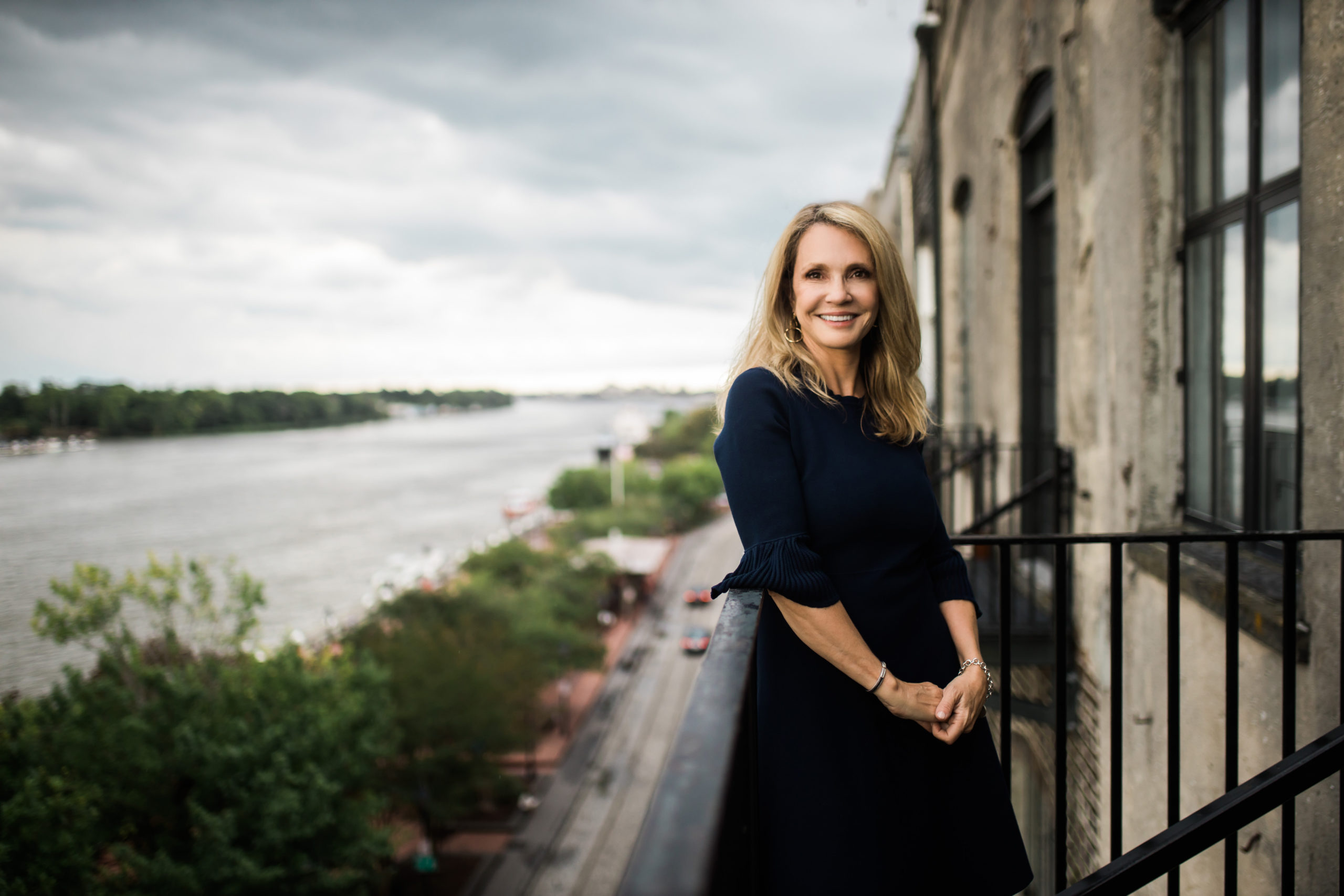
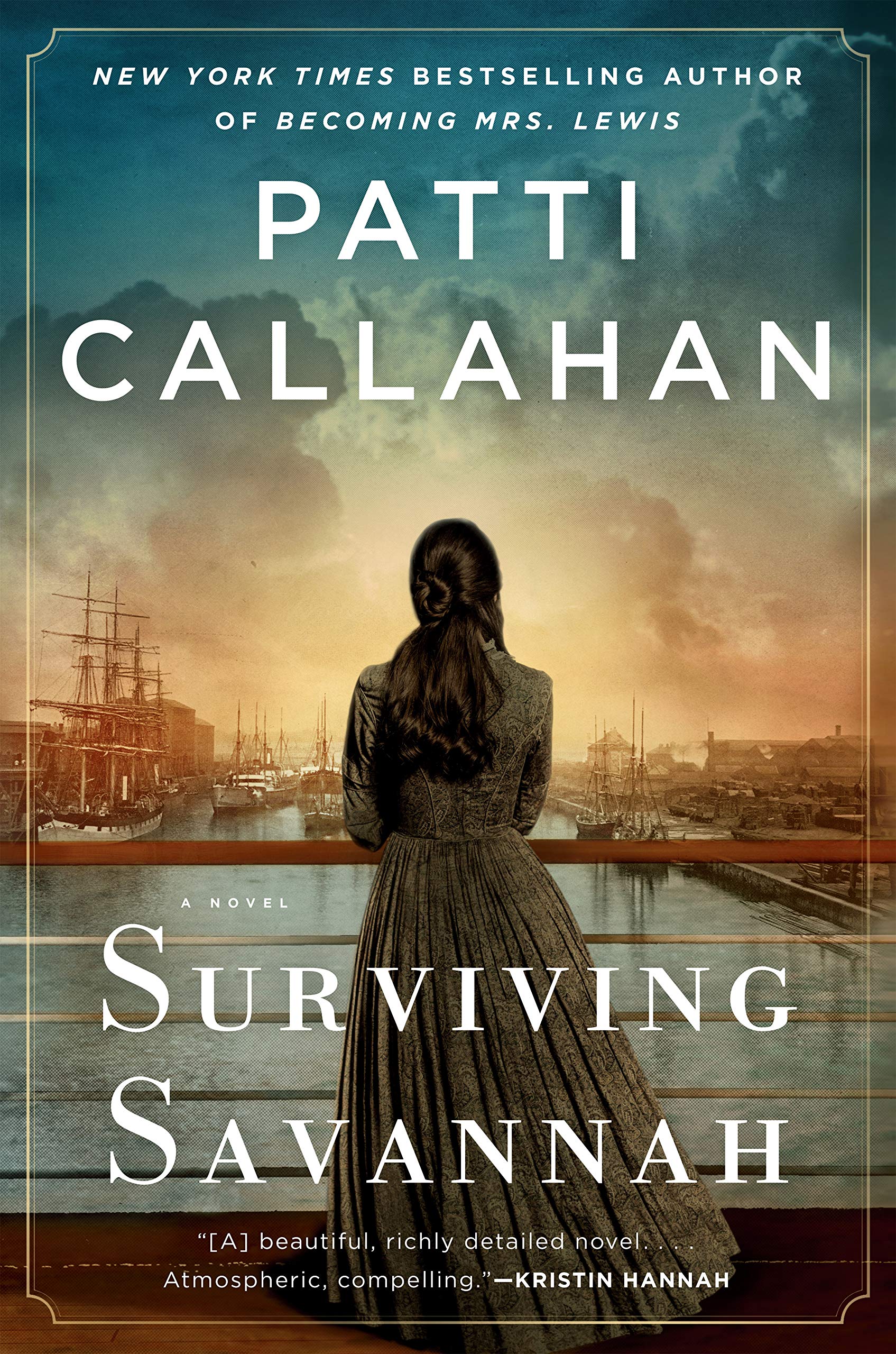
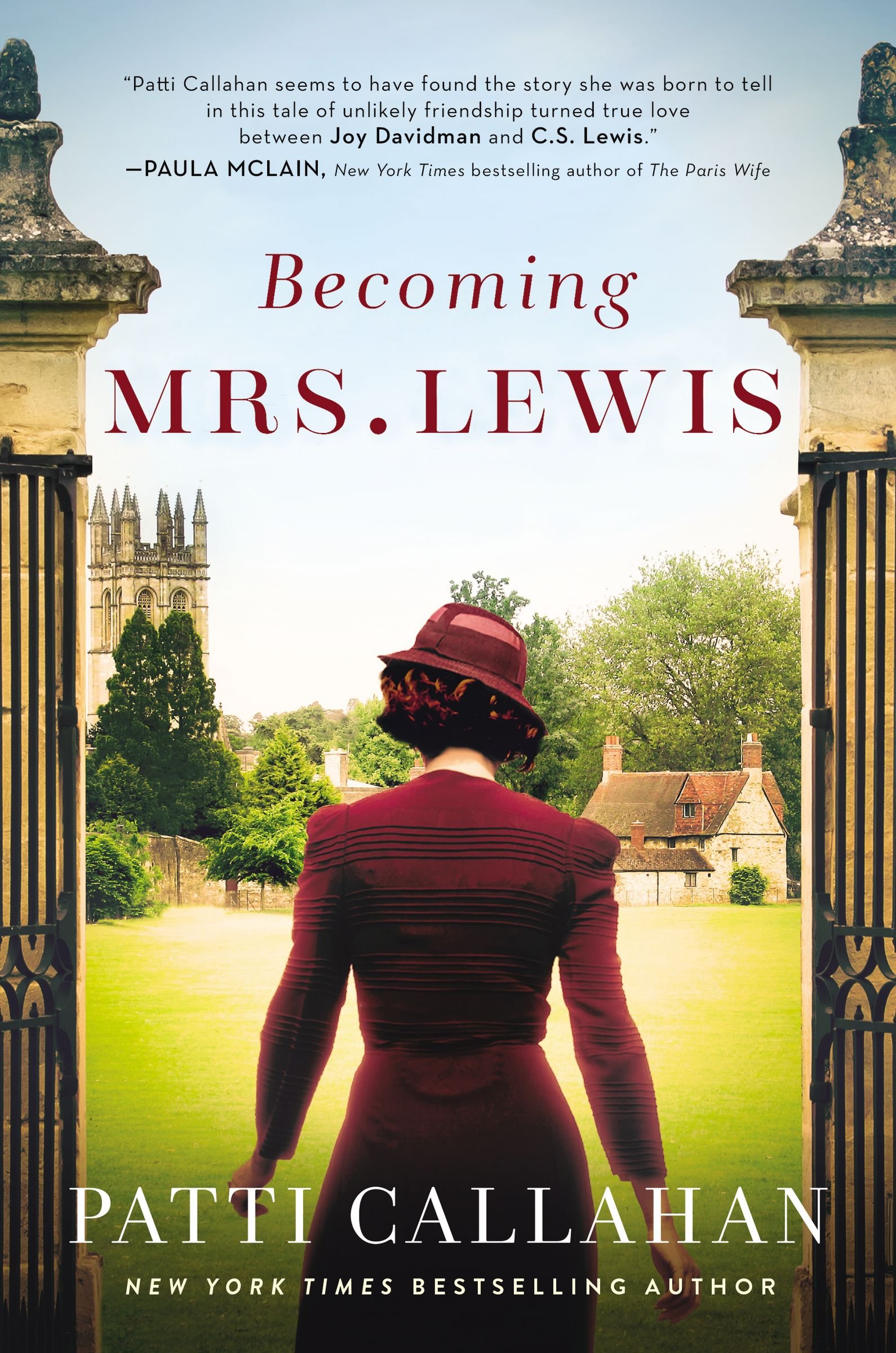
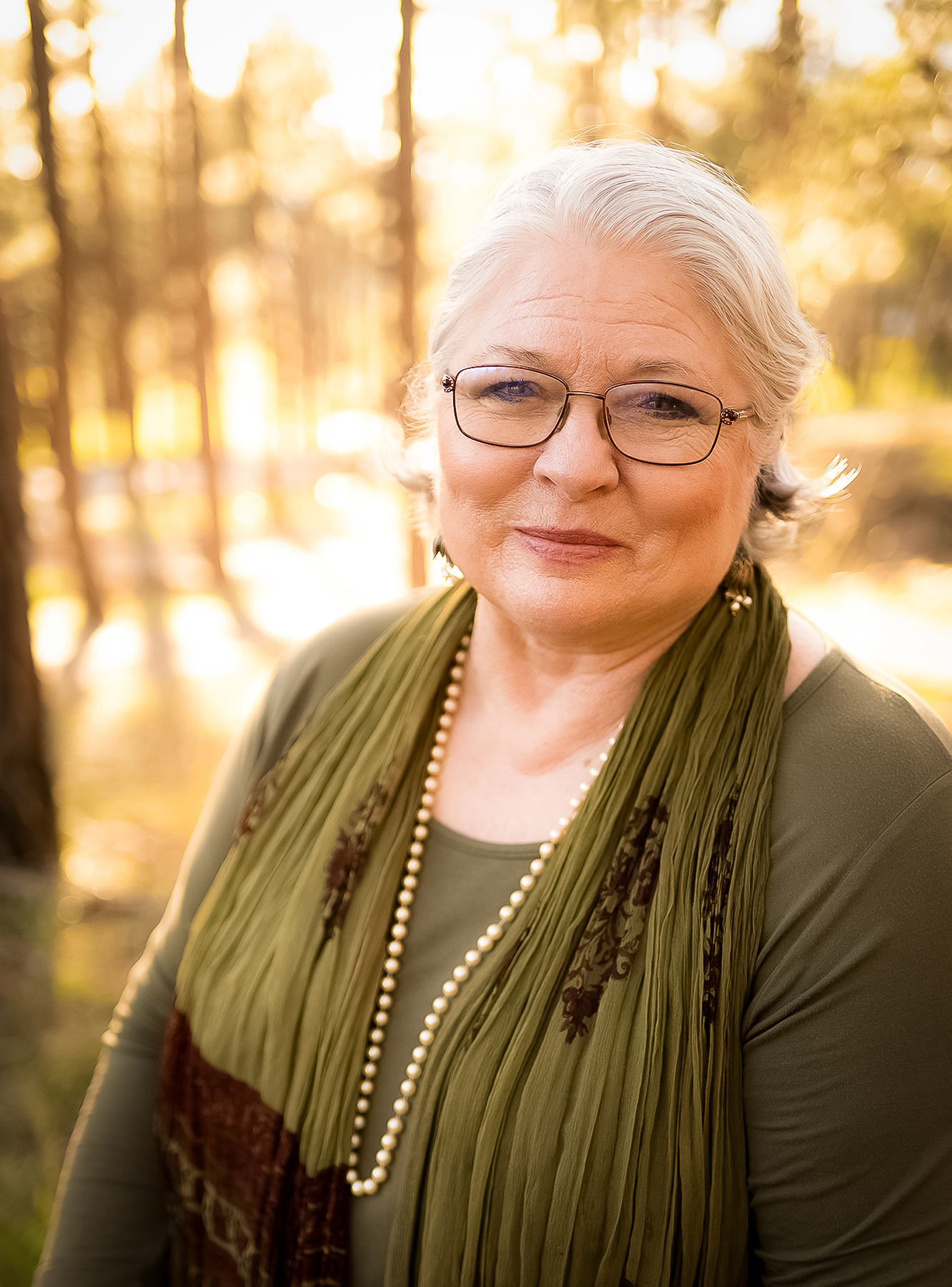
Insightful interview, as always ☺️. And I’m thrilled to add a new-to-me fiction author! I need a little fiction reboot 😄.
Emily, thank you as ever for your kind words and your beautiful company with us!